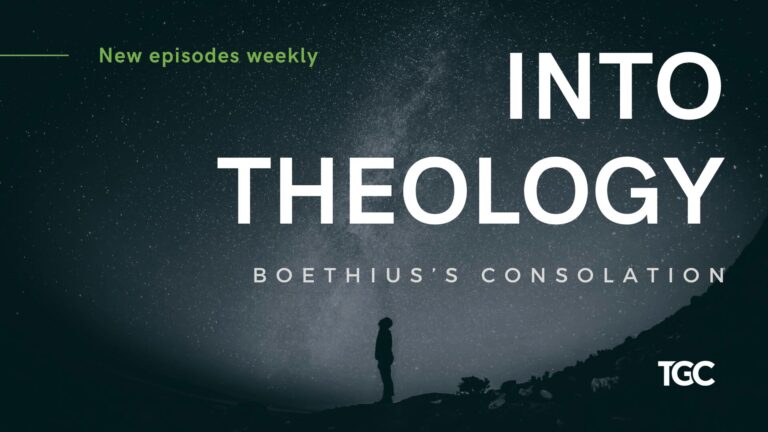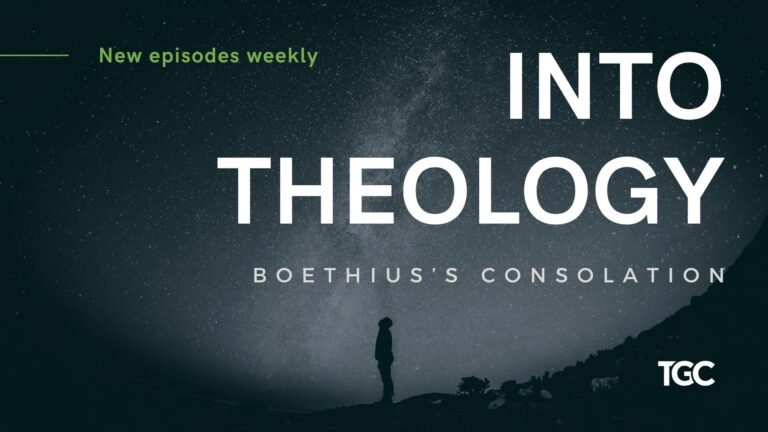According to Scripture, God is both judge and healer. God can say, “I will bring health and healing to it; I will heal my people and will let them enjoy abundant peace and security” (Jer 33:6). He can also affirm Abraham’s statement that he is “the Judge of all the earth” (Gen 18:25). God judges and heals the sick. One title seems stern and the other compassionate.
In light of this juxtaposition, do the titles of God as judge and healer conflict with each other? I don’t think so. Instead of a conflict, God’s roles as judge and healer complement each other. God heals through justice.
God as Judge
In the fullness of time, God sent his only Son into the world out of love. During its long history, humanity had wandered aimlessly and astray. Though at our best we may have wanted to do good, nobody did. Sin spread.
And when sin was not restrained by the state or by conscience, evil had its fullness. War, theft, murder, and unspeakable crimes concentrated at single points. North American Slavery, World War II, and other macabre events manifested the darkness of human nature.
Because of such evil and suffering, humans long for justice. And God delivers. He is the judge of all the earth. He brings justice. He is judge yet his judgement involves healing. God does not disappoint.
God as Healer
God heals. He heals the blind. He stitches cuts. He supplies the antidote of immortality. He makes healthy the spiritually sick. The innocent cries, “LORD my God, I called to you for help, and you healed me” (Ps 30:2). We cry. God answers.
But evildoers too receive God’s healing balm: “I was enraged by their sinful greed; I punished them, and hid my face in anger, yet they kept on in their willful ways. I have seen their ways, but I will heal them; I will guide them and restore comfort to Israel’s mourners” (Isa 57:17–17).
God heals both the oppressed and the oppressor. Yet he also judges justly and vindicates the oppressed. How? Does not God’s healing of the oppressor contradict his vindication of the oppressed and his judgment of the wicked?
God heals through justice
Isaiah answers: “Surely he took up our pain and bore our suffering, yet we considered him punished by God, stricken by him, and afflicted. But he was pierced for our transgressions, he was crushed for our iniquities; the punishment that brought us peace was on him, and by his wounds we are healed” (Isa 53:4–5).
So it is that the Servant of Yahweh bears the suffering and sin of the oppressed and of the oppressor. He undergoes vicariously the punishment and suffering that is due to both groups. In so doing, he not only brings peace but “by his wounds we are healed.”
Healing here not only speaks to bodily health but also to a spiritual reality. Isaiah opens his prophecy by calling sin a sickness (Isa 1:5). Sin is a kind of sickness. It brings death and corruption. To bear our sickness entails the erasure of death and corruption. And so the servant took our sin so that we might be forgiven and live.
In my place, condemned he stood
God enacts justice as a healer. The full picture becomes clear when Jesus comes as the Servant. He comes because God loves the whole world (John 3:16). He comes to heal the sick: “It is not the healthy who need a doctor, but the sick” (Luke 5:31). By which he means, “I have not come to call the righteous, but sinners to repentance.”
In Christ, we receive forgiveness and wholeness. In the resurrection, death and corruption die. At this time, we will receive the fullness of health. In the meantime, we have the downpayment and promise of forgiveness as we hope for the resurrection.
God heals sinners of their malady by taking our sickness and sin into himself. He accepts the suffering of the oppressed and the evil of the oppressor into his body. He faces evil in its face and suffering in the eyes.
He experiences the whole course of evil. He takes it both. He contracts cancer for us so that we might have the tumour removed. But he does this not just for the lovely but even for the loveless. The worst of all receive the best of all because the greatest of all died for the sins of all. And to have it all, we only need to have faith in the all-glorious Christ.
By his death, he satisfied divine justice. The judge of all earth satisfied his just decree at the cross. Yet through this judgment, the Great Doctor provides the antidote of salvation. He heals us through justice.












